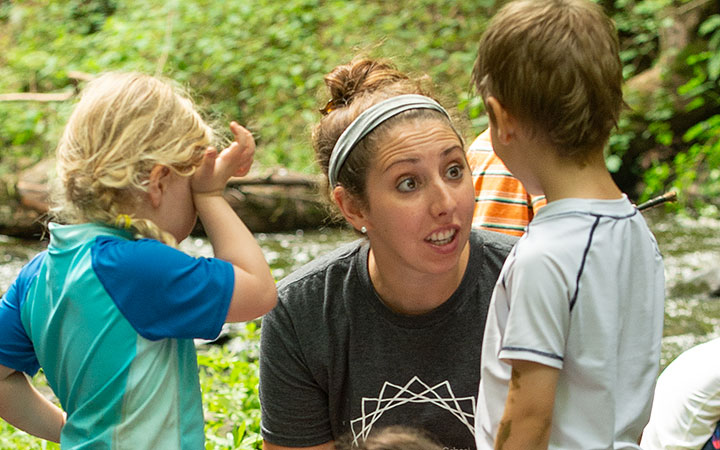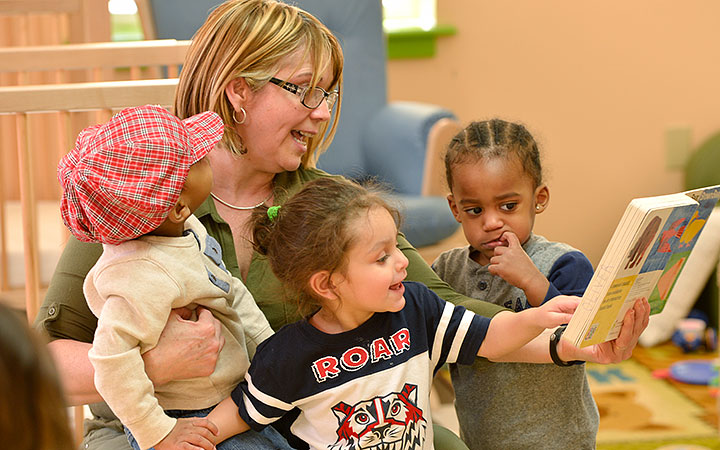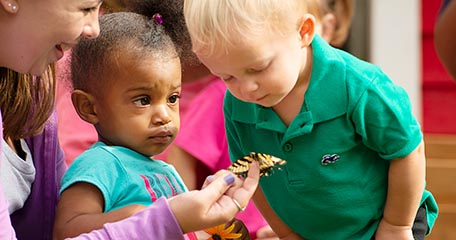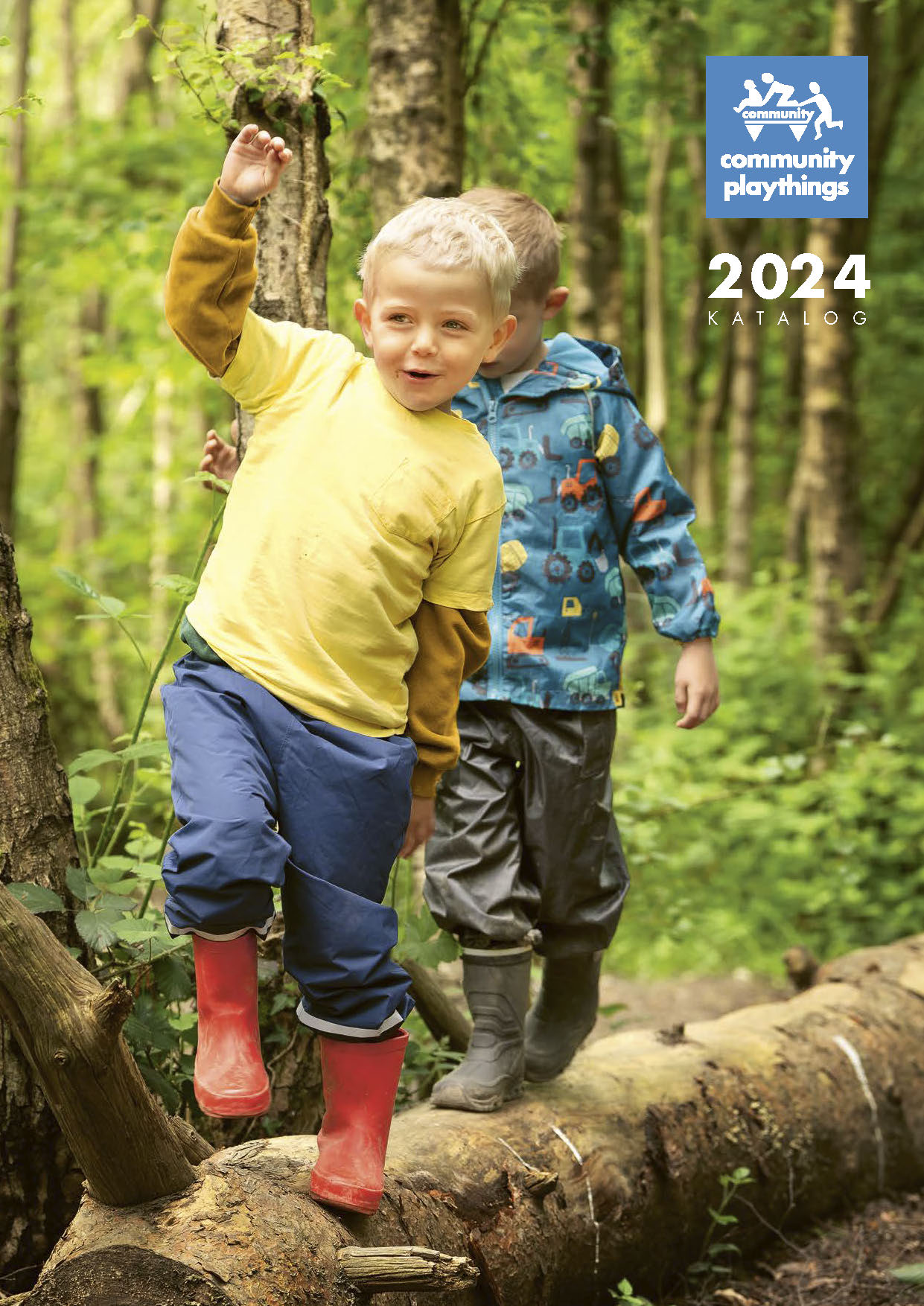A teacher's commission
Nurturing hope through forgiveness
| June 2012Today I would love us all to become passionate about the work of teachers. Even though I have been a teacher since the early ‘70s, it is only in the last few years I have begun to grapple with the spiritual nature of this work.
You may organise and deliver the curriculum in as many brilliant ways as is possible, but what will influence children for life will be your courage, energy, vibrancy and ability to rise above the everyday emotional hurts of the classroom – in other words – your spirit. If we want our children to grow up with the ability to be nurturing, compassionate and wise, then we must recognise the part that teachers play in this process as it is an intensely important one.
As educational organisations battle more and more with pressures to be accountable and to prove themselves in terms of league tables, so it becomes more difficult and more critical that children are still kept in touch with a spiritually nurturing environment. Learning is far more than a cognitive process; worthwhile learning that enhances and enables the whole being, opens the gate to self-growth and to deep understanding and responsible living, is a process that begins with a spontaneous, intuitive recognition that here, right now, in this classroom, something deeply significant is happening.
What children need is an emotionally safe environment where they are free enough to discover through the natural learning process of mistakes and risks, and to cultivate their unique strengths. Children desperately need to be listened to, included and loved. They need to know you still love them, that when they act out their own hurts, fears, anger and, in some children, their ragingly hot inner chaos, their teacher will not disintegrate. In fact, they need you to go one step further – they need you to still love them. Love in this context is not a wishy-washy new age concept; it has strength and rigour as it requires the person to carry on courageously and unconditionally valuing each child.
This is why a teacher’s job is super-human; it requires you to subjugate your own needs for retaliation, personal space and healing time, in order to constantly try to be bigger than the behaviour that has just scalded you. In other words, a teacher has to practice the draining act of forgiveness a hundred times a day. Forgiveness, from the Latin meaning “to relinquish” or “to let go”. Somehow, though often exhausted from lack of sleep, weak from not having looked after ourselves properly, and emotionally fragile from having to engage with so many needy children, parents and colleagues – a teacher has to find it within herself to let go of her hurt response to the range of behaviours that may have humiliated, embarrassed or challenged her. Bigger than that, the children need her to walk in the next day still offering, albeit tremulously, warmth and positivity. As one child said when asked what makes a good teacher … “It’s when you come in fresh, Miss”. His way of saying it means that next morning he can tell from your face that you have let go of the memory of how he let you down the day before and found within you a way of walking back in again with a warm light in your eyes. For some children it is just a huge relief that you have come in at all – to know that they haven’t been able to destroy you – that their badness is not overpowering. And this is the nub really. Children can suffer a range of emotional and physical neglect and abuse that can cause them, in turn, to lash out with words or actions towards others. Naturally a good teacher will always apply dispassionately a coherent and consistent system of values, rewards and sanctions … but their personal response is what really matters to the child. If a teacher can concentrate on the child’s act and does not allow her own needs to flood the interaction, her response teaches children that adult’s generosity of spirit, warmth, love, is bigger than any act they have just committed. This experience liberates children from their own fear: fear that deep down they are so bad that they cause the troubles at home and at school, fear that they can destroy anyone who comes close, fear that no-one can emotionally hold them and that they will fall into a cold, never-ending void. Forgiveness is love, and love allows you to hope. Many children have lost the capacity to hope – life has always been this way – whereas now, now someone does it differently.
Teachers are these long suffering “someones!” It takes courage, a big heart and a strong spirit to carry on teaching--but it also take common sense. The best teachers have a life outside their job. You must nurture the flame of your own spirit first, otherwise you are in danger of being blown out by the whirlwinds of others’ needs and demands. So, dear teacher, I have deep respect for you. I personally am no longer the superhero I once was. Yes, I still work in schools and engage constantly with teachers and children – but I am not coming back to the same class of children every day. I am not practising endless small acts of courage by getting up every morning and walking in “fresh”. I am not constantly being taught the lesson of how to forgive those who hurt you. I respect enormously all those who are.
This article has appeared on Findhorn’s Global Network website and will be published in Ethos magazine in the future.








